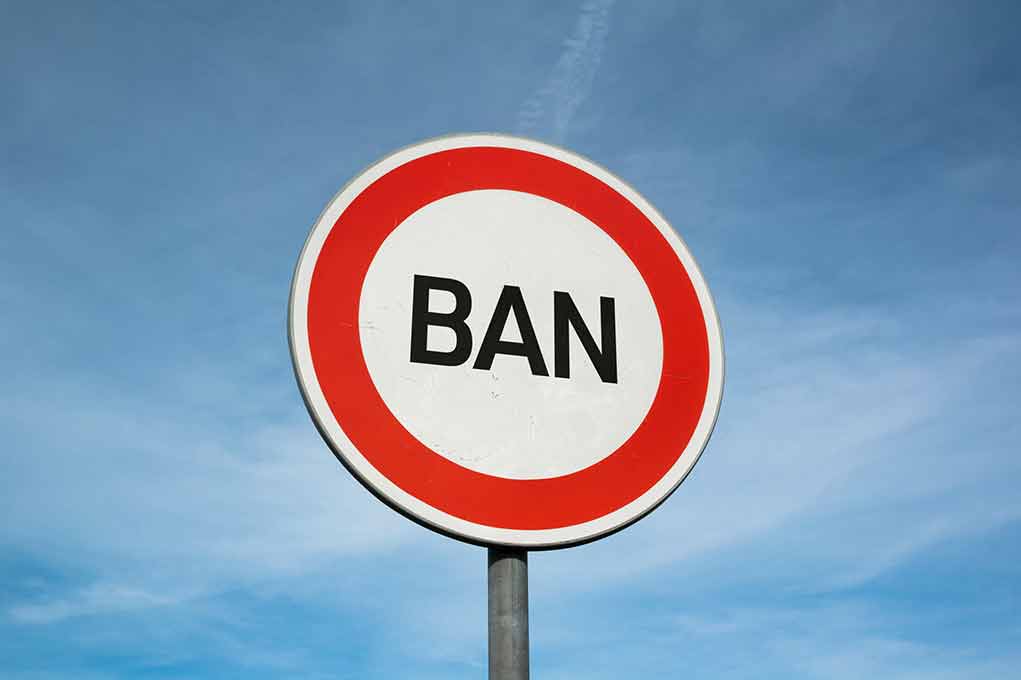
The Trump administration’s consideration of expanding the travel ban to 36 new countries signals an unprecedented strengthening of America’s border security, potentially reshaping diplomatic relationships with nations that fail to meet stringent U.S. security standards.
Key Takeaways
- An internal memo signed by Secretary of State Marco Rubio gives 36 countries 60 days to comply with new State Department security requirements or face travel restrictions
- The potential ban targets 25 African countries, several Caribbean nations, four Asian countries, and three in Oceania, including key U.S. partners like Egypt and Djibouti
- Countries must submit initial compliance plans by Wednesday morning to avoid potential restrictions
- This expansion follows Trump’s earlier executive order directing the State Department to identify countries with deficient vetting procedures
- Nations that accept deportees from the U.S. may receive more favorable consideration despite other security concerns
New Security Requirements Target Dozens of Nations
President Trump’s administration has taken a significant step toward enhancing national security by considering travel restrictions on 36 additional countries that fail to meet U.S. security standards. According to a recently disclosed internal memo signed by Secretary,” said State Marco Rubio, these nations have been given a 60-day deadline to comply with new State Department requirements or face potential travel bans. The list includes important U.S. partners such as Egypt and Djibouti, along with 23 other African countries, several Caribbean nations, four Asian countries, and three from Oceania.
The State Department has identified several critical security concerns that prompted this action. Some countries reportedly lack competent governmental authority to provide reliable identity documents, while others have numerous citizens who violate “U.S. visa terms.” These deficiencies create substantial security vulnerabilities that the administration aims to address through this policy. Countries have until Wednesday morning to submit initial compliance plans, demonstrating their commitment to improving security measures and information sharing with American authorities.
Diplomatic Flexibility Within Security Framework
The administration’s approach includes a noteworthy diplomatic provision that could significantly impact international relations. According to the memo, countries that demonstrate willingness to accept the return of their citizens and third-country nationals being deported from the United States may receive more favorable consideration, potentially offsetting other security concerns. This pragmatic approach reflects President Trump’s commitment to addressing the deportation backlog while still maintaining strict security standards. It also provides targeted countries with a concrete path to avoid travel restrictions while still serving America’s immigration enforcement goals.
When questioned about the potential travel restrictions, State Department officials declined to comment directly on internal deliberations. However, they emphasized the critical need for ongoing policy reevaluation to ensure both the safety of American citizens and legal compliance. This measured response underscores the careful consideration being given to this significant policy shift, balancing diplomatic relationships with the paramount concern of protecting America’s borders and citizens from potential security threats posed by inadequate vetting procedures in these countries.
Continuation of America-First Border Policies
This latest initiative builds upon President Trump’s previous immigration and security measures implemented earlier in his administration. In January, Trump signed an executive order directing the State Department to identify countries with deficient vetting and screening information, laying the groundwork for the current expansion considerations. The memo also follows Trump’s revival of first-term travel ban policies and the implementation of new entry bans or restrictions on 19 countries already this year, demonstrating a consistent approach to border security and immigration enforcement.
The potential expansion represents a significant component of the administration’s comprehensive approach to immigration enforcement and national security. By holding foreign governments accountable for their security practices and cooperation with U.S. immigration authorities, the policy aims to address underlying causes of immigration violations while protecting American citizens. “As the 60-day compliance period progresses, the international community will be watching closely to see which nations take concrete steps to meet the new requirements and which may ultimately face travel restrictions,” said President Trump.

















